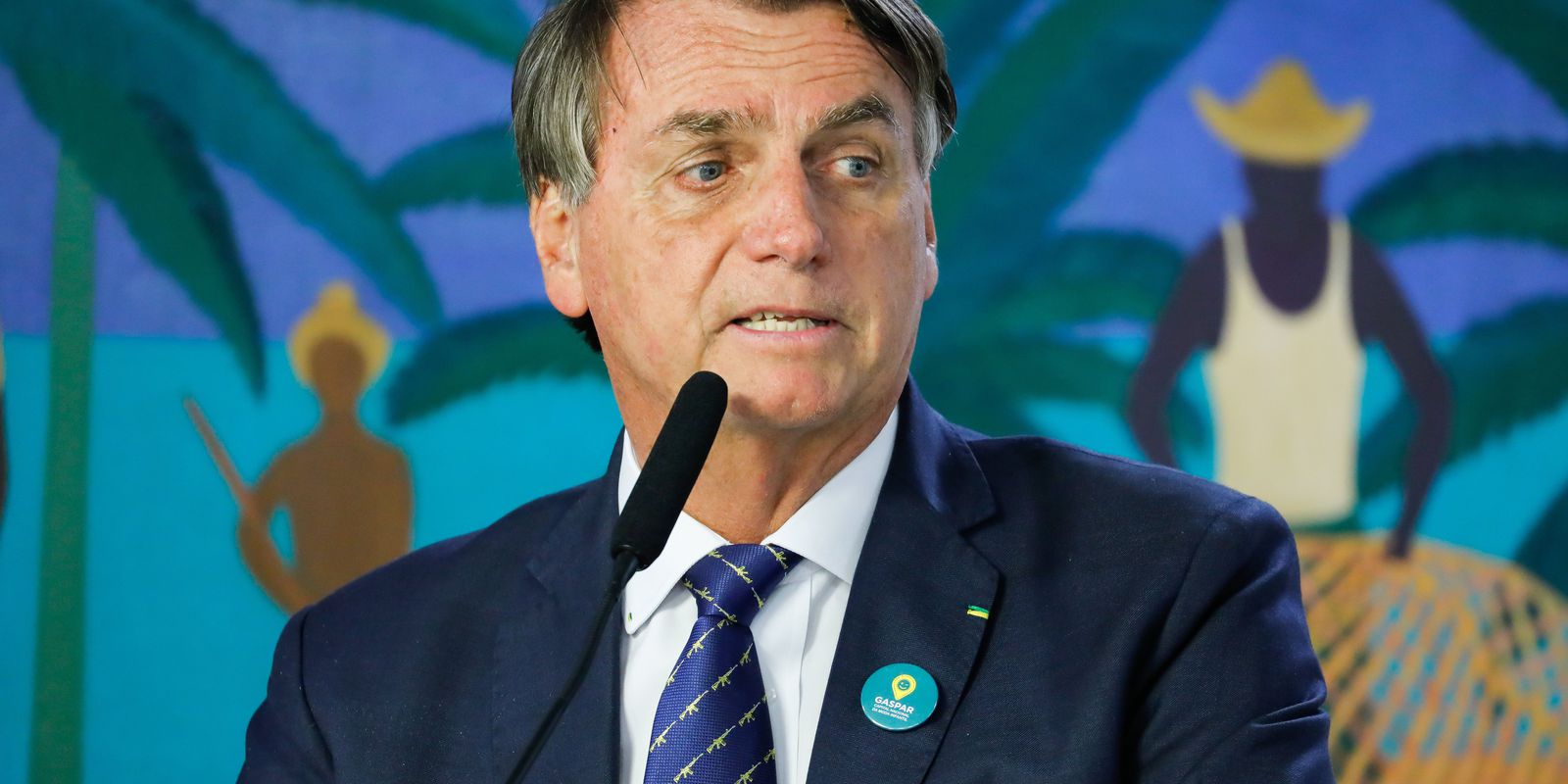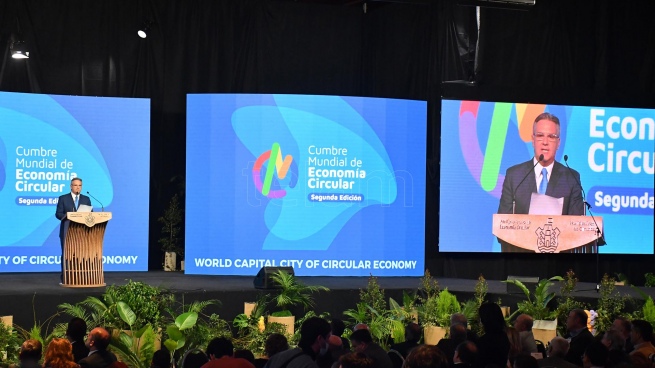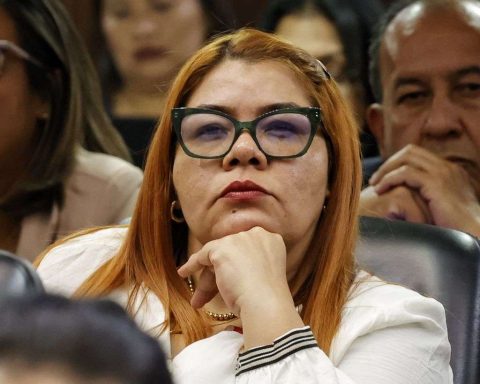President Jair Bolsonaro sanctioned this Wednesday (15), in a ceremony at Palácio do Planalto, the provisional measure (MP) that creates the National Volunteer Civil Service Program. The initiative intends to offer professional training courses, in addition to job vacancies, in exchange for a scholarship payment. Adherence to the program by municipalities is voluntary.
The program is aimed at those aged between 18 and 29, workers over 50 and people with disabilities who have been out of the job market for more than two years. In practice, the program offers qualification courses in activities of public interest in the participating municipalities. Vacancies may also be offered in services considered to be of public interest.
The beneficiary of the program will receive financial assistance as a scholarship, in addition to personal accident insurance and transportation vouchers or other free transportation.
According to the text that reached the Senate, participants who stay more than one year in the program will be entitled to a 30-day recess, without prejudice to receiving the scholarship.
The contracts provide for a maximum working day of 22 hours per week, with a limit of eight hours per day. The value of the scholarship must be calculated based on the total hours of services performed and the technical-professional training course taken by the participant, based on the equivalent value of the minimum wage divided per hour.
In practice, program participants will have a monthly salary cap of less than half of the national floor, R$ 572, without social security and labor rights.
Priorities
The priority audience will be made up of beneficiaries of income transfer programs and members of low-income families. The inclusion of people with disabilities in the target audience was made during the proceedings in the Chamber of Deputies and was not in the original MP.
Another change was in the duration of the program. The government defined until the end of this year, but the deputies changed it to 24 months, counting from the publication of the new law.
The approval of the project was not unanimous in the National Congress. Opposition parliamentarians criticized the way of hiring labor without an employment relationship.
















